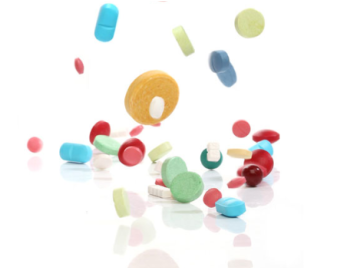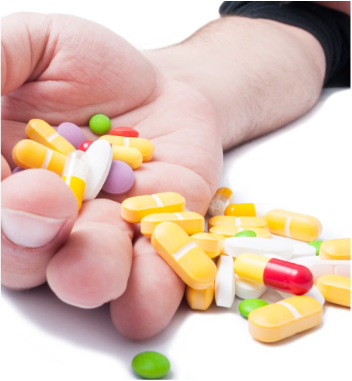PRESCRIPTION DRUG & HEROIN ABUSE PREVENTION
Prescription drug abuse happens when someone takes one of their own medications in a way not intended by their doctor or they take a medication that was prescribed for someone else for a different reason—like to get high. Abusing prescribed medication is very dangerous and has become a modern health issue.
Prescription Drugs and Opioids in Michigan
Prescription drug misuse is a serious problem in Michigan. Prescription drug overdose deaths are on the rise across the state. Two types of prescription drugs are the leading cause of misuse. These are painkillers (opioids) and tranquilizers (benzodiazepines). Opioids include both illegal drugs, such as heroin, and prescription pain medicine. Common opioids used to treat pain include oxycodone, hydrocodone, morphine, methadone, and codeine.
From 1999 to 2016, the total number of overdose deaths involving any type of opioid increased more than 17 times in Michigan, from 99 to 1,689. Data from the Michigan Automated Prescription System (MAPS) reported 11.4 million prescription for painkillers in 2015 were written, about 115 opioid prescriptions per 100 people. Overdose deaths significantly increased as a result of increased prescription drug and heroin use. In 2016, 2,335 people died of drug overdoses. That is more deaths than car accidents.
Excerpted from Michigan Department of Health and Human Series Website
Prescription Drugs and Opioids in Michigan
Prescription drug misuse is a serious problem in Michigan. Prescription drug overdose deaths are on the rise across the state. Two types of prescription drugs are the leading cause of misuse. These are painkillers (opioids) and tranquilizers (benzodiazepines). Opioids include both illegal drugs, such as heroin, and prescription pain medicine. Common opioids used to treat pain include oxycodone, hydrocodone, morphine, methadone, and codeine.
From 1999 to 2016, the total number of overdose deaths involving any type of opioid increased more than 17 times in Michigan, from 99 to 1,689. Data from the Michigan Automated Prescription System (MAPS) reported 11.4 million prescription for painkillers in 2015 were written, about 115 opioid prescriptions per 100 people. Overdose deaths significantly increased as a result of increased prescription drug and heroin use. In 2016, 2,335 people died of drug overdoses. That is more deaths than car accidents.
Excerpted from Michigan Department of Health and Human Series Website


